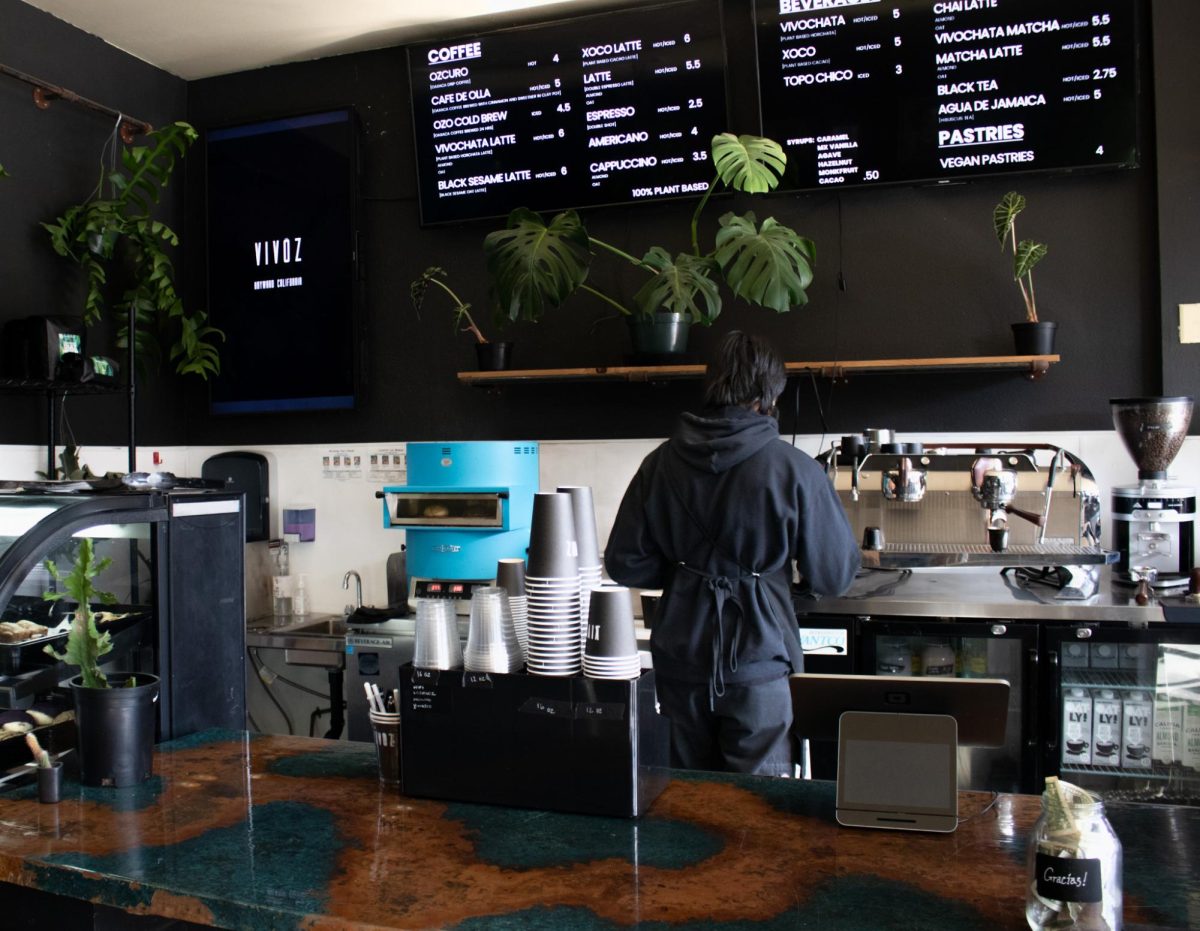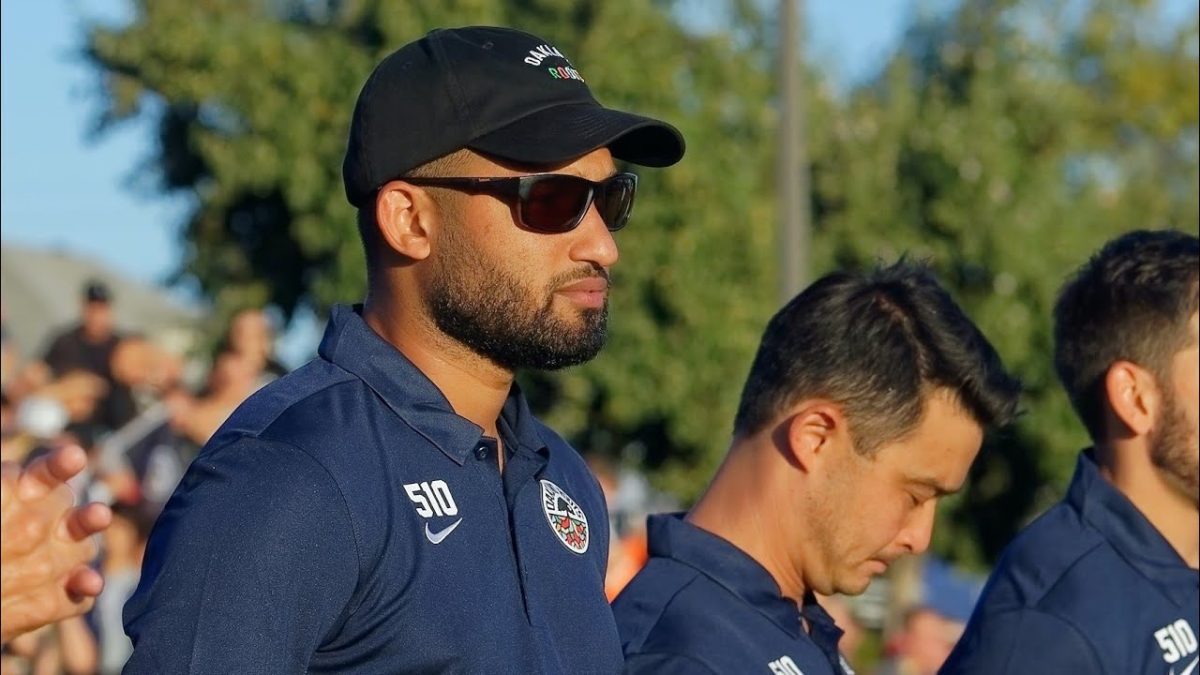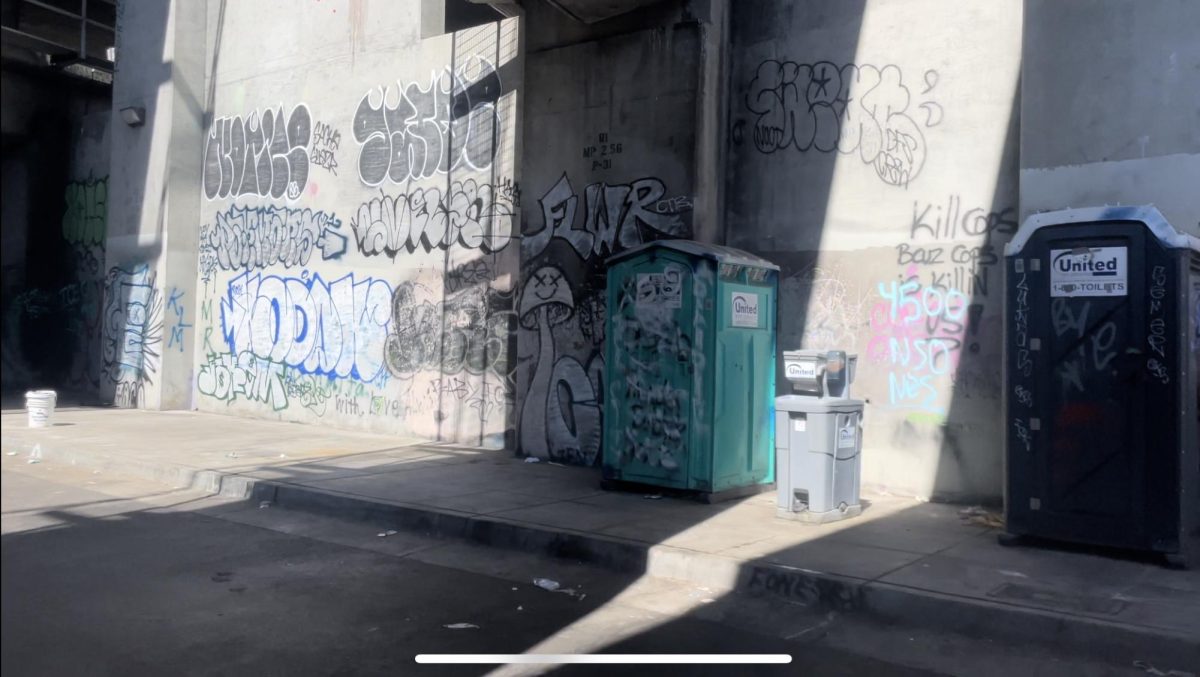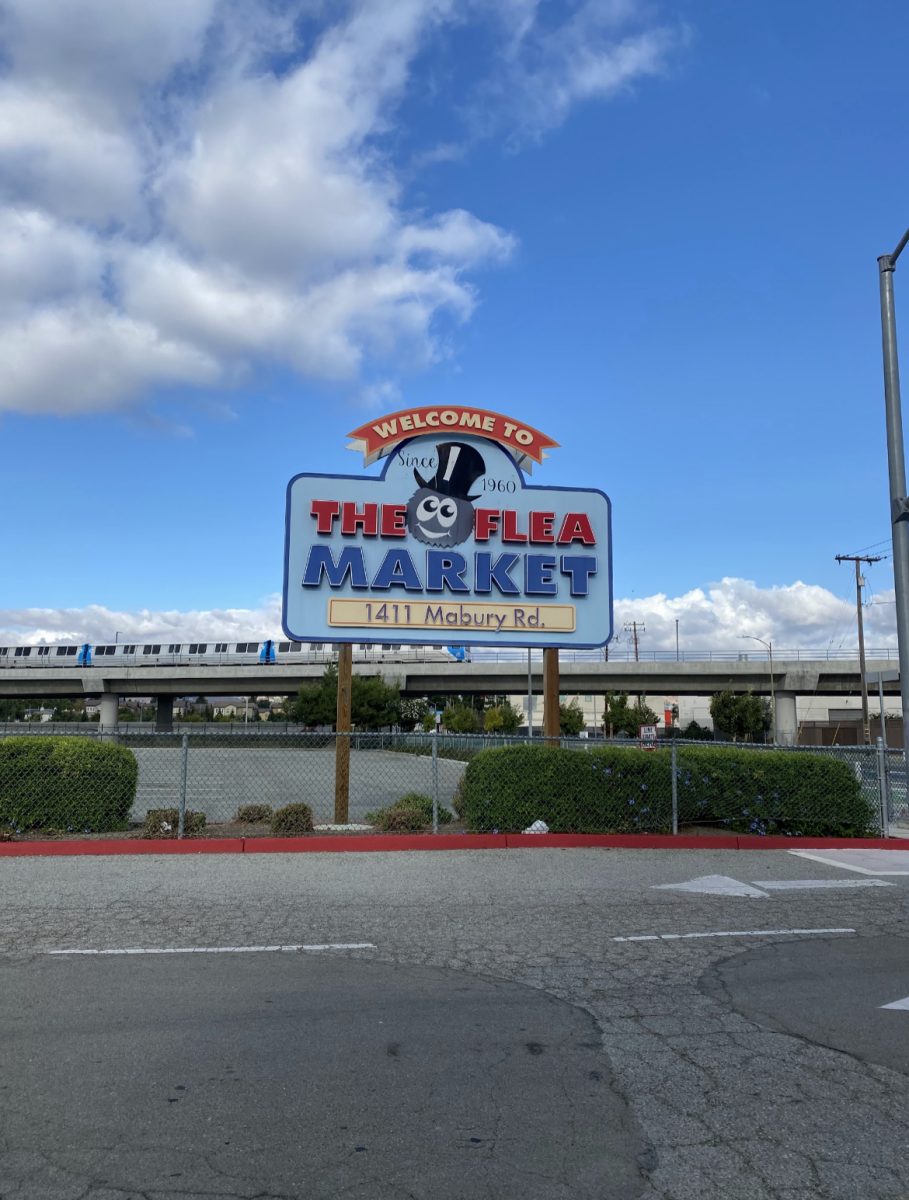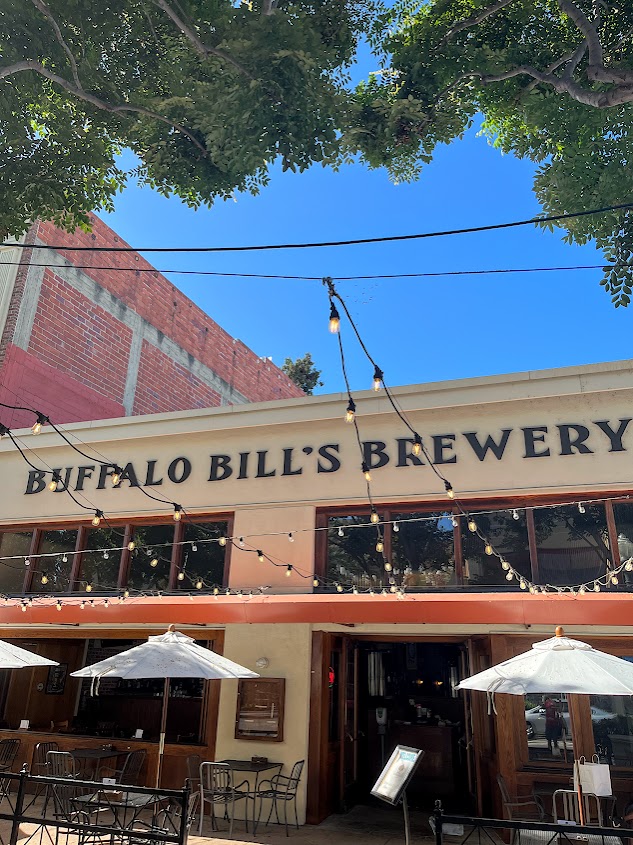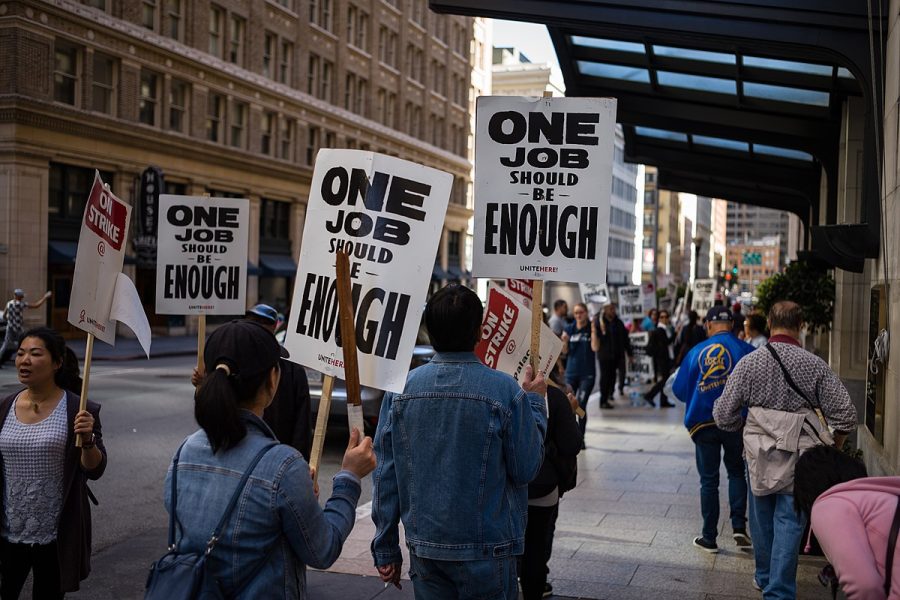Believe it or not, some local enterprises wish they could just go out of business, according to one volunteer.
“I started coming here about three years ago ‘cause I was homeless,” said Roz, a longtime volunteer at the Salvation Army at 430 A Street in Hayward.
“I was what you call ‘couch homeless,’ where I didn’t have a place to stay, but I had a couch to sleep on with my daughter,” she said.
“And so it took me probably about a year to get back on my feet. Now, I live in a place, and my daughter has a car, and I have a car and insurance and all. I’m employed gainfully, and thank you, God,” she added.
Roz was quick to point out that she considers herself one of the lucky ones, and there are a lot of people out there who are worse off than she was.
“And then you have the ones out there that are really homeless, that are sleeping in tents, in makeshift campgrounds, and the ones sleeping in bushes,” she said.
Not only the homeless go to the Salvation Army for a bag lunch or a hot meal. They provide for poverty-stricken seniors as well.
“I have seniors here that, you know, a lot of them have homes, but some of them don’t,” said Roz. “And where I work at the bar, same thing. I have people that come in that sleep in tents.”
Between her volunteer work at the Salvation Army and her place of employment, Roz sees all kinds of people who find themselves in dire straits.
“It’s really sad, because it’s not just the typical what you think it’s going to be—the male, aged 20 to 60, it’s not,” she continued.
“It’s females, it’s mothers and babies sleeping in cars. It’s families, two kids, wife and dad sleeping in the car, and dad’s going to work at Pep Boys, and he’ll get paid, but not enough to get his family out of that car,” she lamented.
They may have enough for gas and food for the week, if they’re lucky, and that’s it. And that situation is everywhere, Roz said.
As Roz talked, several volunteers busied themselves in the next room. They were decorating the large cardboard shipping barrels with Christmas wrap in preparation for the big holiday push with high hopes of generous food donations.
“And you can’t depend on statistics. There’s the census, but they can’t get it all, they don’t get it all, and I see a lot of it coming through here,” she added.
Roz spoke extensively about the vicious cycle of homelessness and unemployment, and how one situation perpetuates the other. Even if a person is physically and mentally capable of holding a job, without an address people are unable to obtain an ID, and without an ID, you cannot get a job.
“It’s heartbreaking,” said Roz. “I send people up to B Street, because there’s a place up there where they’ll give you the address so you can get your ID and try to get gainfully employed.”
“But if you can’t get a regular shower and this and that, nobody’s going to give you a job,” she added.
Those are only a few of the strikes against the destitute in our society. Roz told of how, once a person is in that situation, they acclimate. After a while, they may decide it’s okay, but it’s not, according to Roz.
“They learn to do their daily thing to get by, but they’re not going to go anywhere, unless they get kicked out of their bush,” she observed. “And it’s not as odd as you might think. At this time, living now, and being comfortable, it takes a lot, and it’s very stressful.”
Upon reflection, she surmised that with the cost of everything being astronomical, and the onus of responsibility so very weighty, perhaps living in a tent might not be so bad. She said it with a level of bemusement—obviously feeling the need to lighten the mood.
The ladies wrapping food barrels in the common room supplied a steady hum of conversation, and picked that moment to burst forth with raucous laughter.
“We do what we can to help people here,” said Roz. “We operate a food pantry, and give out bag lunches, and then I have the senior lunch program, in which they have a hot meal, thanks to meals on wheels. They deliver it here, and I serve it here.”
The Salvation Army is an evangelical Christian organization, but the people who seek sustenance there are not required to partake of the religious services they hold.
“I will say that we have a Sunday dinner that we serve, and they do hold a 15-minute sermon, which they can attend, or not attend, and then they go in for there meal,” said Roz.
The Sunday dinner program, “loaves and dishes,” does not make the sermon mandatory, but many folks are grateful to have the chance to hear the gospel.
“On the third Wednesday of every month, we hand out food for families, and before we let them in we stand in a circle, and we do pray,” said Roz. “But that’s not a requirement for volunteers.”
“But I always get in there, because I like it. It makes me feel better, and it makes me feel stronger,” Roz said.






